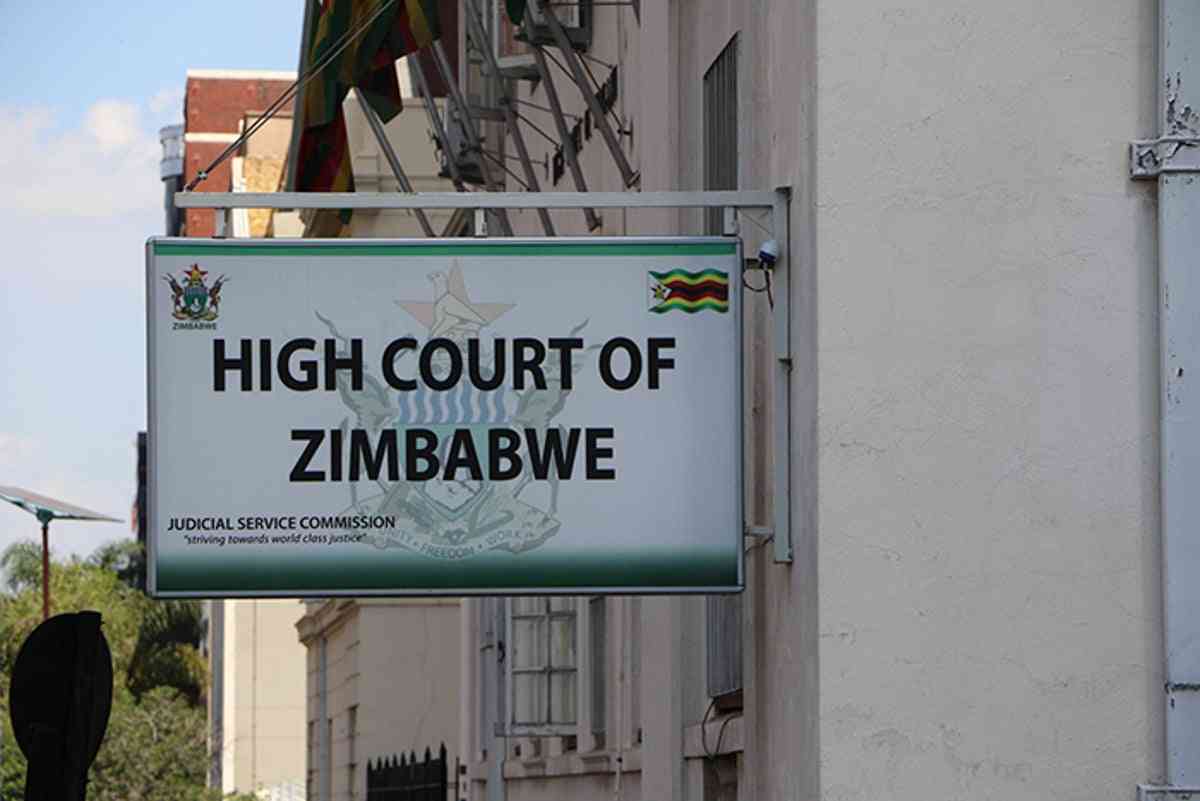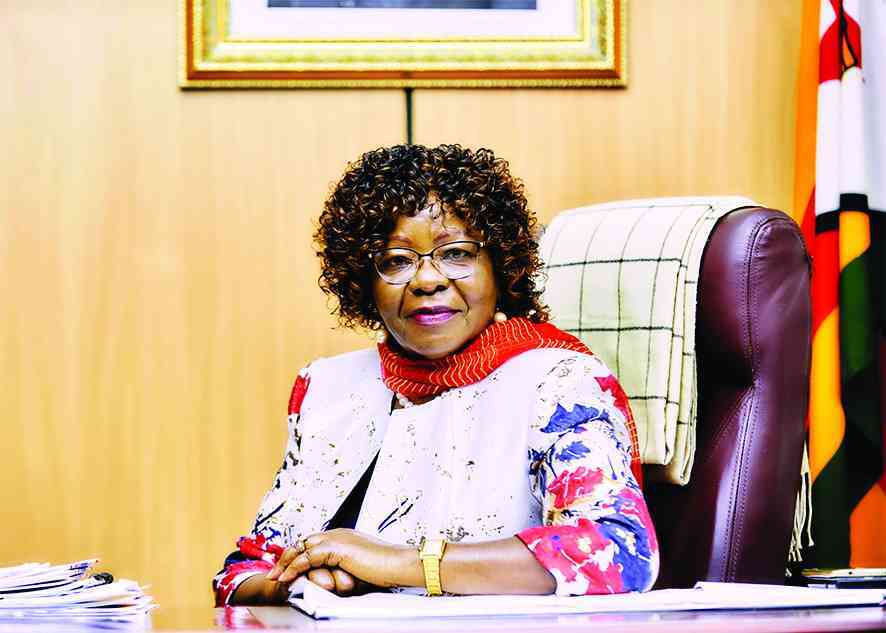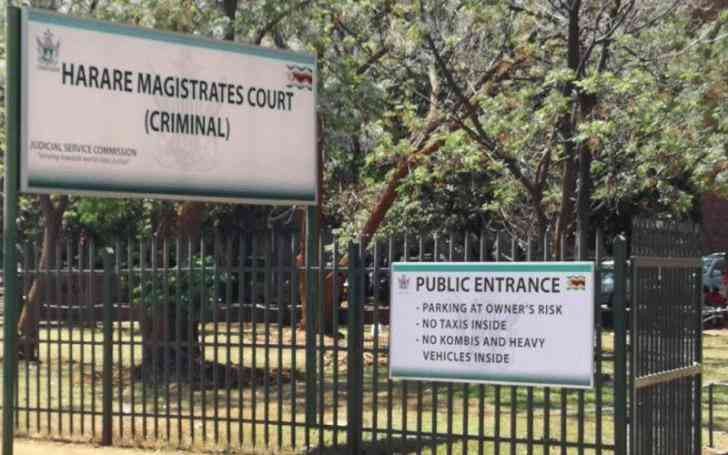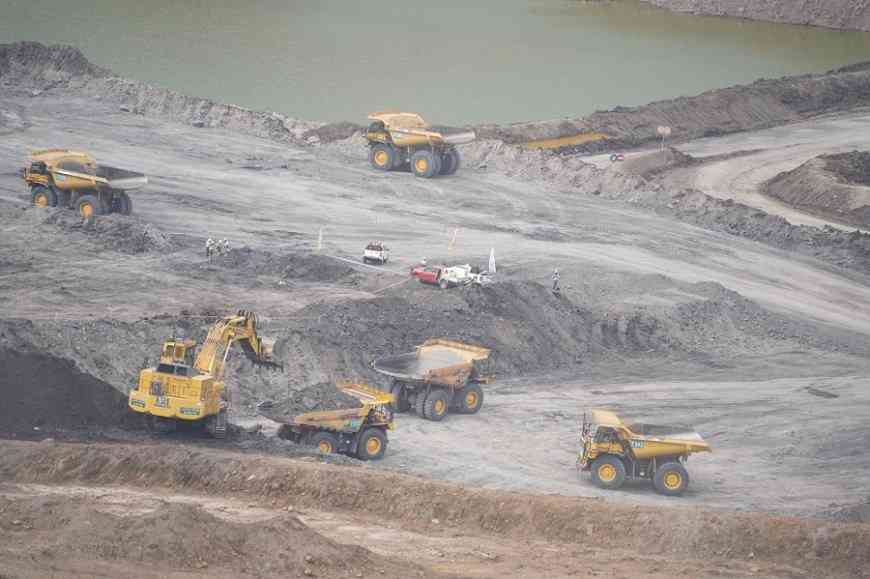IT should be about time many in government spared us the sanctions narrative, especially when some issues affecting us have absolutely no link with the so-called Western sanctions.
In fact, government officials should disabuse us of the narrative that sanctions are responsible for all our problems. This is a lie that has grown some very busy legs and many among us have come to swallow them hook, line and sinker; yet the bulk of our troubles are a result of rampant corruption and downright incompetency on the part of many in government.
While the sanctions, we believe were and are still being targeted at some individuals by some Western governments and institutions, may — here and there — be adversely affecting ordinary Zimbabweans, we feel most of the time they are being used as a scapegoat for glaring own failures by many in our leadership.
When Justice minister Ziyambi Ziyambi was answering questions in Parliament last week as leader of government business, he made some very startling, if not outlandish comments we feel should not go unchallenged because they clearly highlight our strong belief that sanctions are now being used to cover up incompetence, corruption and shortfalls in government.
Ziyambi said: "Our urban transportation system started declining when sanctions were imposed on us. The problem that we had is, in any business you need to retool and ensure that you renew your fleet. On the backdrop that everything having been equal, we should have developed our transport system to a level that we would marvel at.”
We beg to differ minister Ziyambi.
Keep Reading
- Mbavara eyes to resurrect Matavire’s music legacy
- Zim exiles panic over SA permits
- Zim exiles panic over SA permits
- Social media platforms should act on hate speech
Long before these sanctions were introduced in 2000, following the chaotic land invasions, Zimbabwe’s public transport sector was already in serious decline as mismanagement gnawed the Zimbabwe United Passenger Company (Zupco) to a point that the company was completely failing to renew itself.
Then a “brilliant” idea dawned on some in government to pass the buck to private transporters by introducing commuter omnibuses en masse. Ostensibly, this was a chance for many in government to jump onto the bandwagon and cash in through their own omnibuses of kombis. This, however, turned the situation from bad to worse because the for-profit private transporters did not save public or government interests, but individuals interests.
If the introduction of the private players was to offer an alternative to an already well-functioning public transport system, we would not have had the problems we are currently facing.
However, long before the kombis were introduced and the sanctions were slapped on Zimbabwe, Zupco had been rendered redundant by years of government neglect, mismanagement and corruption which resulted in, for instance, the entity at one point being stripped of assets by individuals who went on to create their own bus empires using the Zupco fleet auctioned off as useless “shells”.
And in recent times, we have been told of hundreds of buses being imported for the public transporter by government, but the bulk of the buses have surprisingly never reached the intended beneficiary.
Our sister paper the Zimbabwe Independent and Transparency International Zimbabwe have for ages now been failing to get information on Zupco bus procurements with Local Government and Public Works, Finance and Economic Development and Transport ministers — as well as Zupco itself — all refusing to supply the information.
Honestly, this has nothing to do with sanctions and if it has anything to do with the sanctions, the information should be readily available to prove this and we would rest our case.
The rot in our public transport sector has absolutely nothing to do with sanctions, it is a well-engineered chaos and Ziyambi and his ilk should not use sanctions as a scapegoat. They are simply lying through their teeth.





